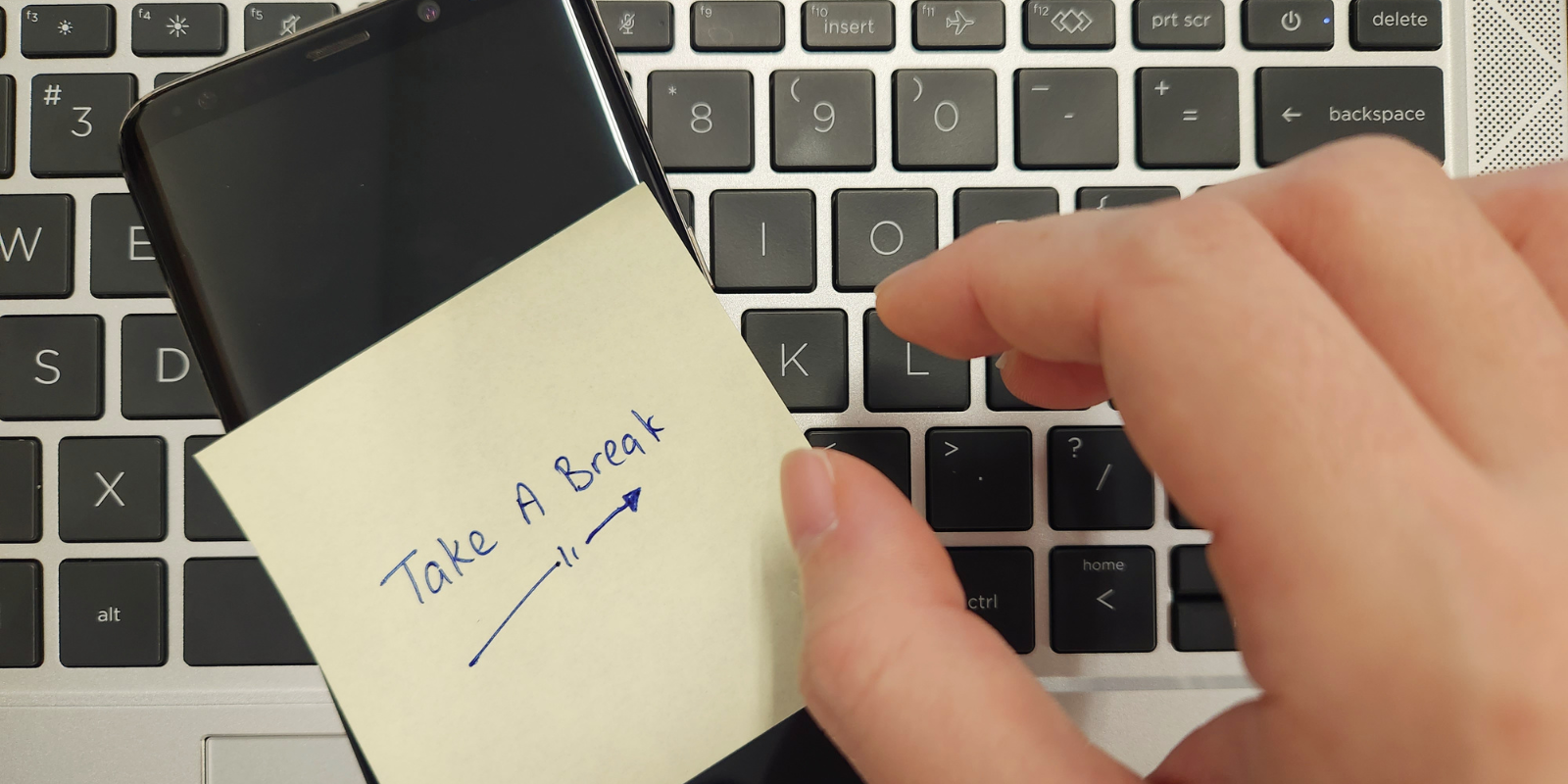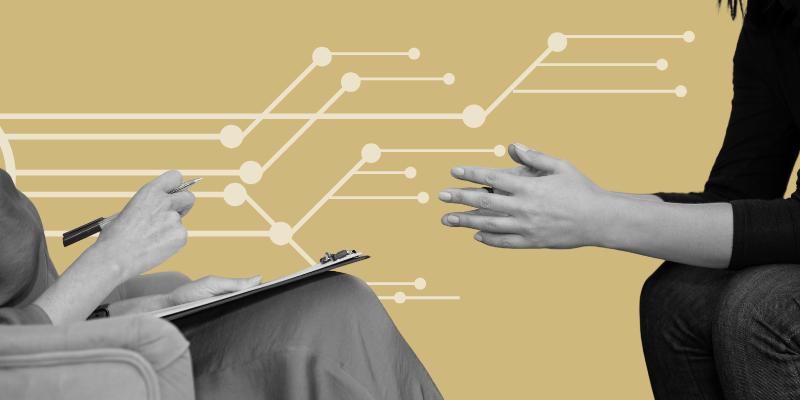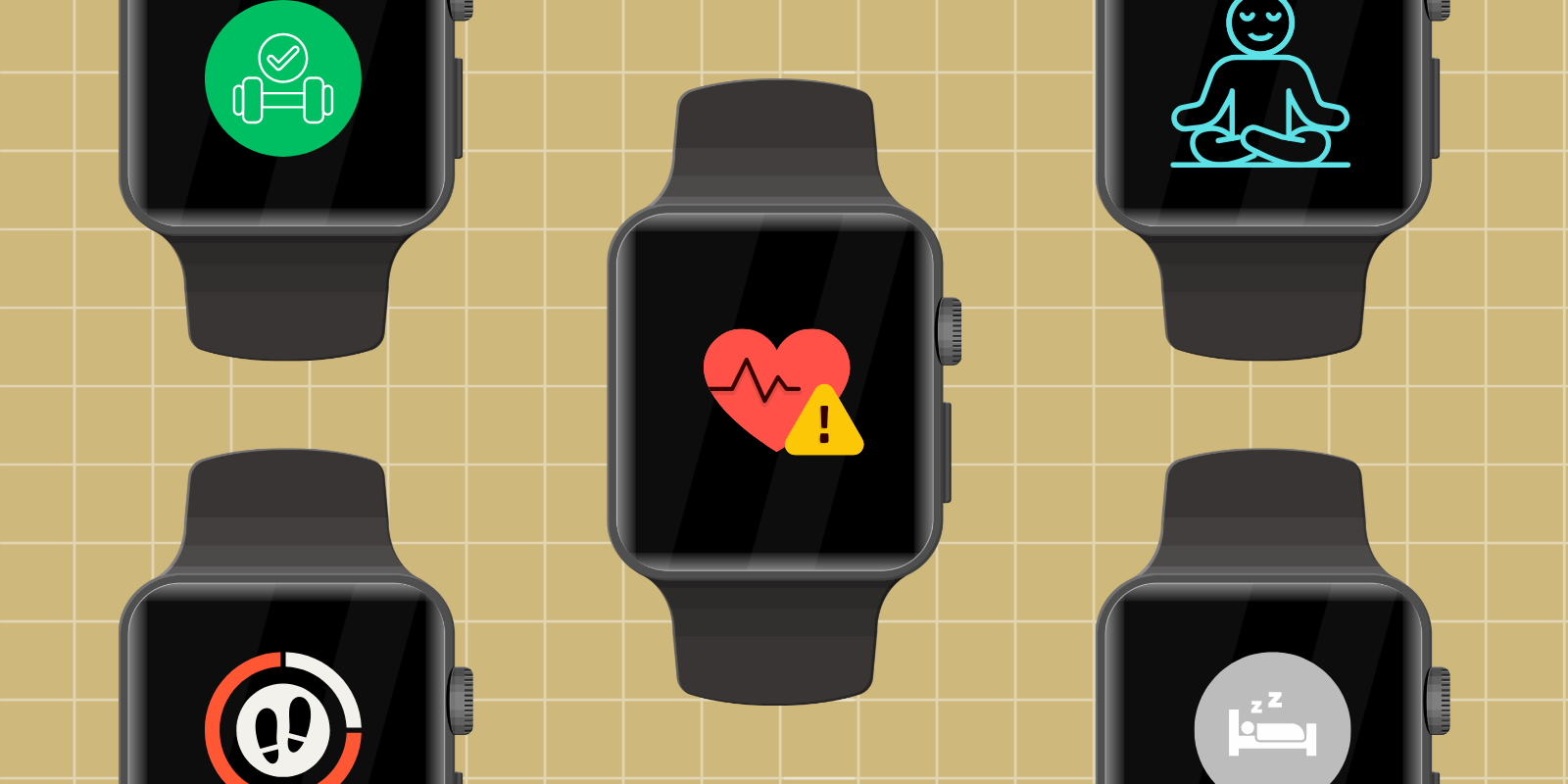Emily Hemendinger, MPH, LCSW, assistant professor of psychiatry at the University of Colorado School of Medicine, deleted the Instagram app from her phone at the beginning of January. Like many others, she thought the beginning of a new year was a good time to take a step back from all the scrolling she’d been doing over the holidays.
“I just thought, ‘this is not serving me very well right now’ and I need that hard stop,” Hemendinger says. “As much as I would love not to re-download the app, it is a means of communication, and I know I eventually will.”
Digital detoxes, the term dubbed for deliberate periods of time spent away from phones, computers, and other electronic devices, have gained popularity as screentime has increasingly become an extension of everyday life, and thus, a major stressor. The goal is often to disconnect from social media or digital connection to decrease stress or anxiety, focus on real-world activities, and minimize distractions.
Similar to a cutting out alcohol only for dry January, a digital detox can have health benefits, but to sustain these effects, Hemendinger suggests replacing negative online habits, like “doomscrolling,” with ones that are more beneficial and making gradual changes that have a better chance at sticking.
Finding the root cause for digital burnout
Screen time or time spent on social media can be well spent, but it “can also become addictive and used as an escape or to numb out,” Hemendinger says. “When we’re doing that and it’s becoming a coping skill, similar to using food, alcohol, or other substances, that’s when it is problematic.”
Social media can provide the brain a quick boost of dopamine. People who are too reliant on social media or screens for those feel-good emotions may end up feeling more agitated or grumpy when they’re not with their phone. Hemendinger says this is akin to withdrawal symptoms substance users may experience. Some people may also find it difficult to stay off their phone for longer than a few minutes.
These habits and negative feelings can understandably encourage a person to take a big step away from digital devices.
“There is some benefit in a hard stop for some people, but I’ve also seen it backfire on people, so it depends on the person and what they want to accomplish,” Hemendinger says.
A digital detox can be especially beneficial when the person investigates their relationship with social media and their screen time.
“Are you wanting to just take the time off and go right back to interacting with it in the same exact way after a day, or week, or month, or is there a way that you can change moving forward? There are plenty of ways we can work on improving those habits, so they don’t drag you down,” Hemendinger says. “Digital detoxes are fine, but if you’re going back to the same behavior, you may find yourself needing more and more of these detoxes.”
Creating meaningful change
To accomplish beneficial change, Hemendinger suggests adopting new habits that decrease time spent on screens — not eliminate it entirely — and direct a person’s attention to other more values-based activities.
Establishing boundaries around screen time is a good place to start. Screen-free zones, like the bedroom or office, can be helpful. This can prevent mindless scrolling, especially when it’s time to sleep or work.
Setting timers are good reminders to set the phone down or step away from the computer. Instead of omitting screens and social media completely — which may lead to a big bounce back effect —gradually reduce screen time.
“You can think of it like dieting, which rarely works long-term. To truly work, you have to make long term behavior changes and set realistic expectations around your goal,” Hemendinger says. “Many people don’t do well with a restrictive mindset.”
This is why it’s so crucial to understand personal screen time, she adds. There are some habits and rituals that are not realistic for some people to give up, like checking emails before getting out of bed, and others may be easier to achieve, like a social media audit.
“Look at the accounts you’re following and how they make you feel. Are you following a celebrity that you always compare yourself to or a frenemy that upsets you? Unfollow or mute these accounts,” Hemendinger says. “This can be part of your own personalized digital detox. It doesn’t have to look the same for everyone.”
Whether deleting an app, setting boundaries, or taking a weekend away from screens altogether, Hemendinger says there’s a lot to gain from social media and screen breaks.
“I’ll hear from my clients that there’s maybe some fear or missing out at the beginning, but that dissipates, and they feel better. They report feeling less anxious and stressed,” she says. “For many, this is a positive change.”




